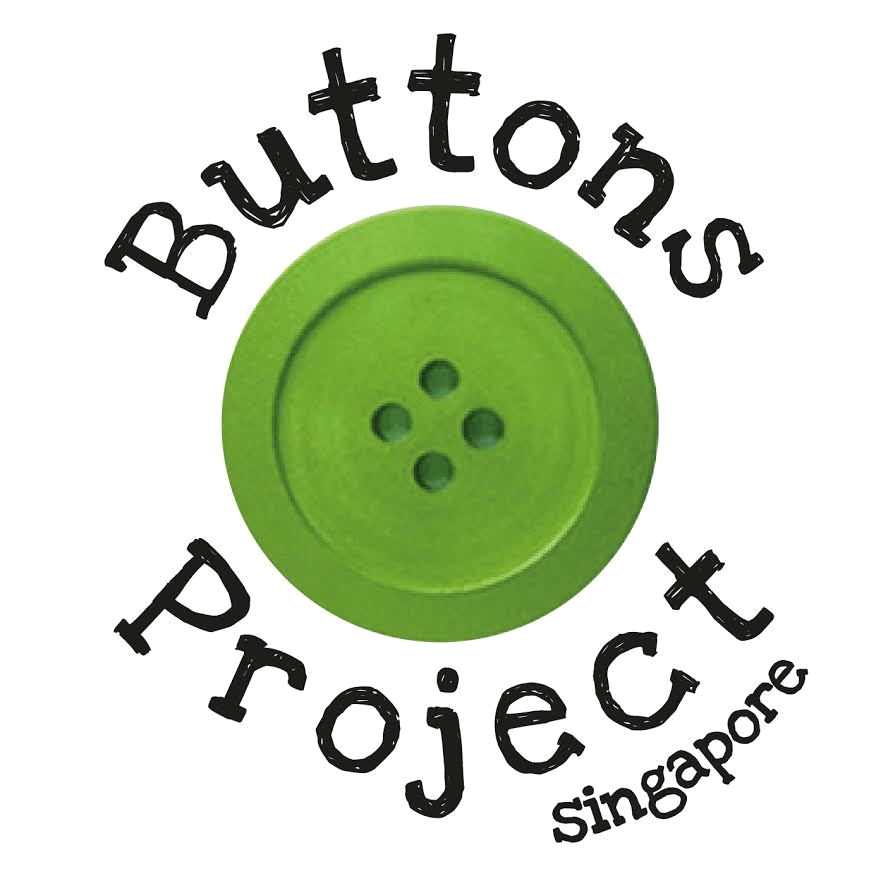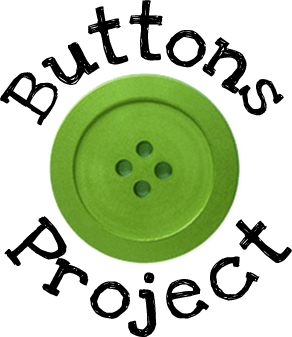How To Respond Appropriately When Someone Tells You She Had An Abortion
“I had an abortion…”
My friend Ellen* broke down over dinner one Sunday evening, with tears streaming down her cheeks.
My mind went blank for a second, and then I recalled having done the very same confession two years ago. At that time, I could not find the words but I just wanted to let someone know.
Having gone through an abortion, this dark secret was eating me from the inside. I wanted so badly to tell someone about it but I was afraid of being judged. When I was finally able to tell it to my best friend, a heavy burden lifted from my shoulders.
Abortion is not an everyday topic that friends would chat about. However, it can sometimes pop up in the least expected situations. Whether you have gone through an abortion, or you are a friend to someone who has, it would certainly be helpful to know how to respond appropriately if someone tells you about her abortion experience, especially when she is showing signs of emotional distress.
4 Ways to Respond
Allow her to share her experience and pour out her emotions
Be comfortable with silence and give her as much time as she needs to express herself. Telling someone about the abortion, especially when she is in a lot of pain and may be shrouded in shame, is very difficult and requires a great deal of courage. She may be feeling very lonely and isolated and does not think anyone would understand her pain. Wait patiently for her to share her story. Do not interrupt unless necessary. Throughout the sharing, if she expresses excruciating emotional pain, you can ask her to take a break.
“I am sorry to hear that.”
“I am here to listen and support you.”
“I am here for you. Take as much time as you need.”
Respond with empathy
Acknowledge her experience and her emotions. She may be trying to hold back her tears as she recounts her experience. Be supportive and do not judge her. She may be judging herself at this point. Remind her not to be too hard on herself. It is also not be the right time to help her evaluate the situation and suggest solutions at this point as she is pouring out her emotions to you.
“This must have been difficult for you.”
“You must be in a lot of pain right now. It is okay to cry. It is okay to feel pain because you went through a loss. It is good for you to release your pain through tears.”
“What you went through is not easy. Don’t be too hard on yourself.”
Create a safe and non-judgemental atmosphere
Be conscious of your facial expression. A slight frown on your face for just a split second could make her think that you are judging her or her partner. Let her know that it is safe for her to share her deepest pain with you. Tell her you love her regardless of what she has done. Assure her of confidentiality after the conversation (unless she is suicidal). Encourage her by thanking her for taking the courage to share her life with you.
“Thank you for being so brave to share your fears and your pain.”
“No matter what you've done or how you feel about yourself, I still love you. You’ll always be my friend.”
Plant a thought in her mind to seek help
After hearing her story or how she was feeling, you may want to lead her to consider seeking help by asking some questions. If she is not ready to seek help at this stage, it is okay. Assure her that when she is ready, professional counselling and post-abortion healing programs are available for her.
“Have you ever thought of seeking help?”
“Do you think you are ready to seek help?”
“I know of a support group in Singapore that helps women find healing from abortion. Would you like to find out more about it?”
4 Ways Not to Respond
Do not belittle her pain and feelings
Avoid statements that appear to be dismissive and show that you want to change the topic and cannot wait to leave the conversation, such as:
“Don’t think about it, the pain will go away as time passes.”
“What was done was done, just move on with your life.”
“Don’t think too much.”
“Just get over it.”
If it was that simple for her to just get over it and move on, she would not be grieving till today.
Do not ask insensitive questions just to satisfy your curiosity
Do not probe for details on her abortion experience unless she volunteers them, especially asking questions that does not change what has already happened like:
“Didn’t you use a condom?”
“Did he pay for the procedure?”
“How much did the procedure cost?”
“Where did you go to have the procedure done?”
Do not point fingers at anyone
Do not encourage her to blame others or attempt to show her that you are on her side by condemning the other party. Leave the finger-pointing out for the moment and focus on being there for your friend.
“Your partner must be a bad guy, he is so irresponsible.”
“He shouldn’t have sex with you if he doesn’t want to bear the responsibility.”
“He is such an a**. I’m going to scold him and beat him up.”
Do not share your opinion on abortion
Regardless of what you think about abortion, now is not the time to share your opinion on this topic. What your friend needs now is someone to support and comfort her. Your opinions will not bring any comfort to her at this point.
“It’s okay, we are living in the 21st century.”
“It’s women’s rights.”
“Do you know abortion is murder?”
Lastly, thank her for trusting you and paint a picture of hope for her. It could sound something like, “Thank you for trusting me with your pain. I know it was very painful for you as you shared your story with me. You are very brave. You may be in a lot of pain right now and may be wondering if the pain will ever go away. I’ve heard stories of women who have been through abortion, overcame the pain and found healing. It is possible for the pain to go away. Remember this, even the darkest night will end and the sun will rise.”
*name has been modified

